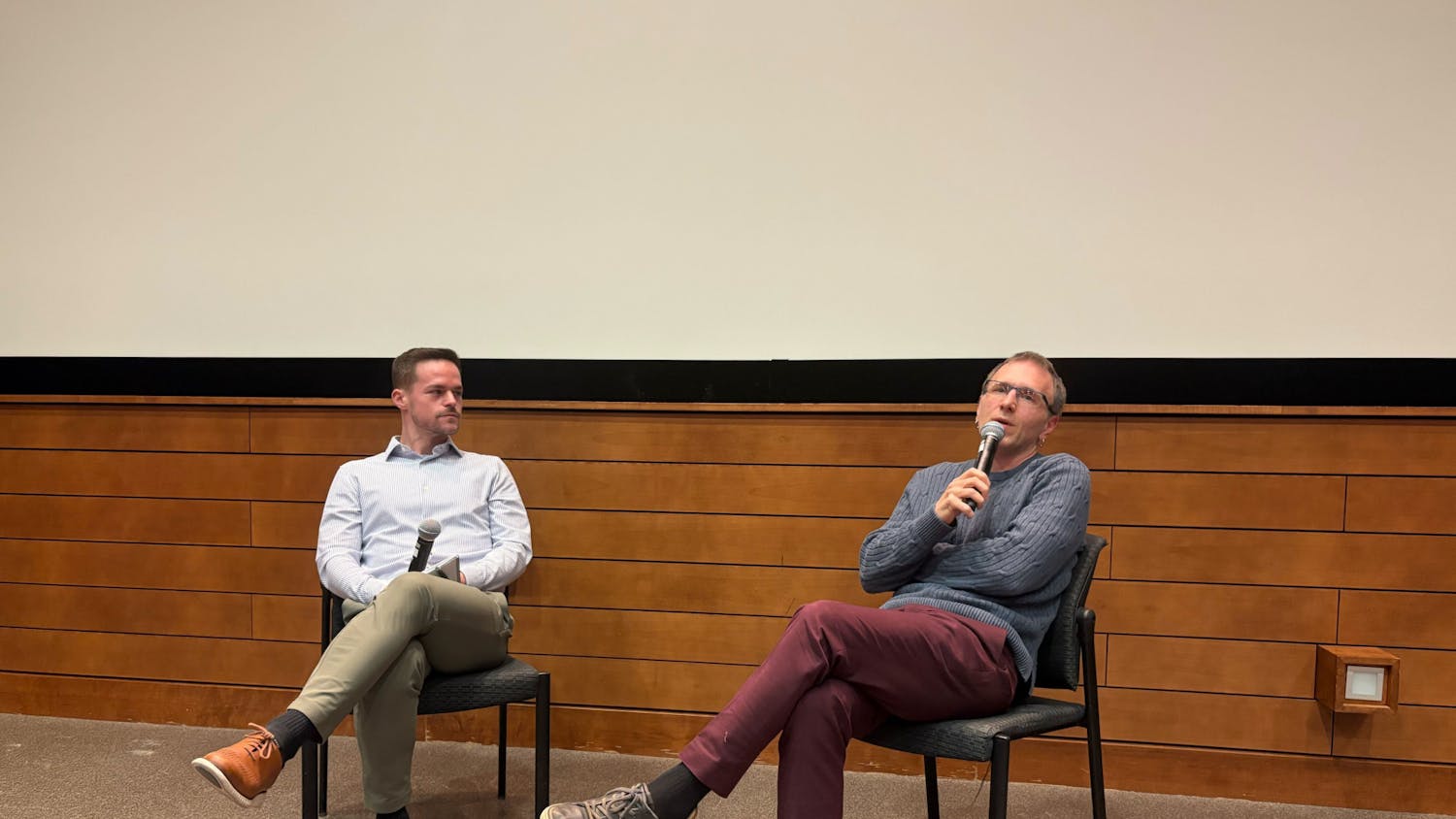Plans to refinance the Overture Center fell to defeat last night as Mayor Dave Cieslewicz broke a 3-3 tie on the Madison Board of Estimates. With the vote, the city moves one step closer to buying the building for $1 and assuming future maintenance costs.
Cieslewicz's vote came after nearly two hours of discussion in which he voiced his opposition to the plan. \I just can't support the refinancing,"" Cieslewicz said.
The issue will now head to the Madison City Council, who will vote on last night's Board of Estimates decision.
The plan, which relied heavily on projected stock market success, had several firewalls meant to protect the city from heavy payments. Nonetheless, Cieslewicz called the refinancing plan ""a risk"" to the city, which would have had to assume up to $5 million in funding in the event of a Wall Street lull. ""It really comes down to a question of your confidence in the market,"" Cieslewicz said. ""I'm not terribly optimistic.""
Most of those present at the meeting supported the refinancing plan. Jim Ruhly, president of the Madison Cultural Arts District, which currently runs the Overture Center, stressed that the stock market slump that led to the budget crisis was ""highly unusual"" and that city funding under the refinancing plan would only occur under a ""worst-case scenario.""
George Austin represented Jerry Frautschi, who gave the $215 million gift that made the Overture Center possible. Austin, among others, argued city control would lead to an increased demand for fund raising. He also argued that city ownership would weaken the bond between the Overture Center and Madisonians. The building, Austin said, ""has to involve the community as a whole.""
Cieslewicz questioned the assertion that fundraising would become more difficult or that rents would rise due to city ownership, which was another objection to city ownership voiced by those in favor of refinancing.
The meeting grew tense at times, particularly when Ald. Tim Bruer, District 14, abruptly voiced his objections to refinancing. ""We're here because all of the rosy predictions about the stock market didn't happen,"" he said.
Ultimately, Cieslewicz argued that city ownership was the most responsible option in dealing with taxpayer money, noting the unpredictability of the stock market. ""It's not a risk, it's an investment,"" Cieslewicz said. ""We step up, we swallow hard, we meet our responsibilities.\





